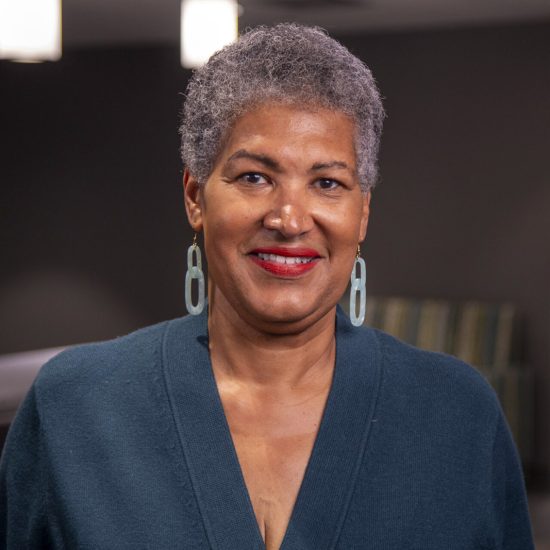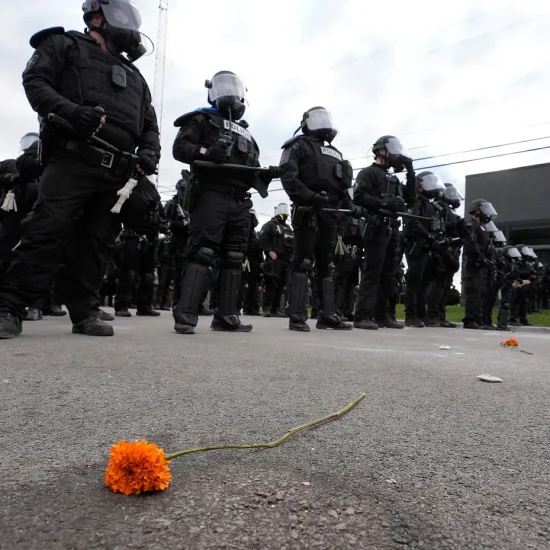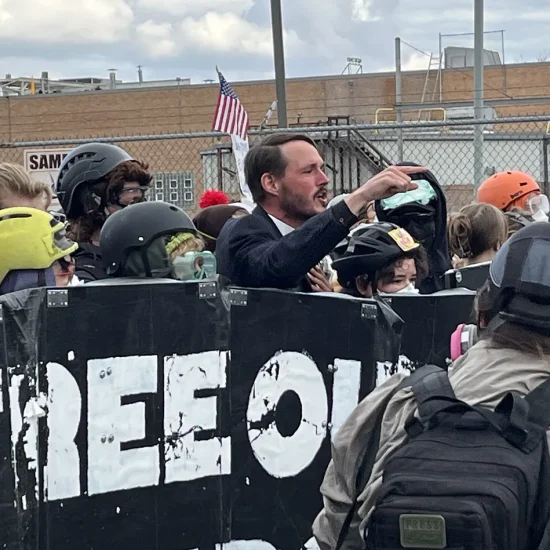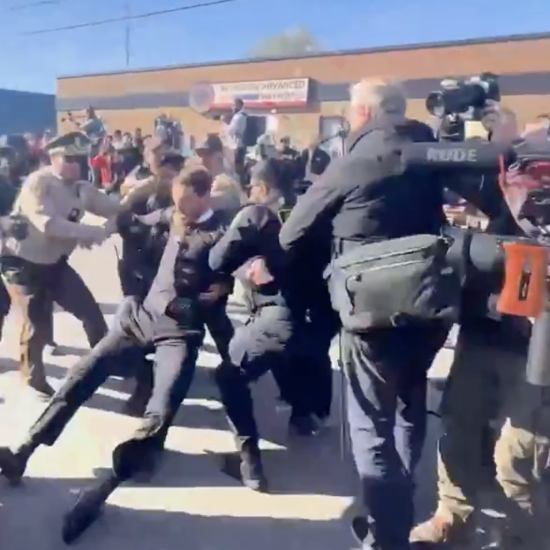
As a young child, my favorite football player was William “Refrigerator” Perry. I don’t think I could’ve told you the name his parents gave him back then (or until googling it to write this). He was Refrigerator Perry, so named for his massive size. He’s the heaviest player to score a touchdown in the Super Bowl (at 335 lbs) as the 1985 Chicago Bears captured the franchise’s only Lombardi Trophy. Refrigerator Perry’s championship ring is still the largest for any winning player.
As a Missourian, I grew up rooting for Kansas City (long before they picked up bandwagon fans across the nation). But Refrigerator Perry is my youngest football memory. I proudly showed off my card of him back around the time I started school. And so I’ve never really rooted against Da Bears.
A friend and true Bears fan thus sparked my interest last week when he sent me a message that the team is trying to build a new stadium. It wasn’t the nearly $5 billion price tag for the proposed lakefront dome that he highlighted. Nor was it the controversy among local and state politicians since public financing is being sought for about half of the project. It was the Hail Mary. Not a long, desperate pass, but a prayer.
“Gracious God in Heaven, we thank you for today, a day that our city desperately needs your help with,” Rev. Charlie Dates declared to start the press conference unveiling the new stadium plans. “We thank you because this is the day that you have made, so we’re going to rejoice and be glad in it. We need your help today as we make progress.”
Dates, an influential Black Baptist pastor in Chicago, thanked God for the mayor, the owner of the Bears, and the team’s chief executive officer.
“I don’t know that you play football, but I am asking you to help us,” Dates said to God. “Help us to win some games, help us to get a Super Bowl here, help us to play in the Super Bowl. And bring back the 1985 roaring, cheering fans we had for your glory and for our good.”
Ironically, even in the prayer for God to help the Bears, the pastor-fan didn’t get too greedy. He first asked just that they could host a Super Bowl with the new stadium before quickly adding that it would be great to play in one. Not win, just play. Guess he knows his team well! But lest the Bears fan lose all hope, Dates added, “If I’ve asked you for too little, I pray you do something even bigger than what I just asked you for. In your precious name, let the church say ‘Amen.’”
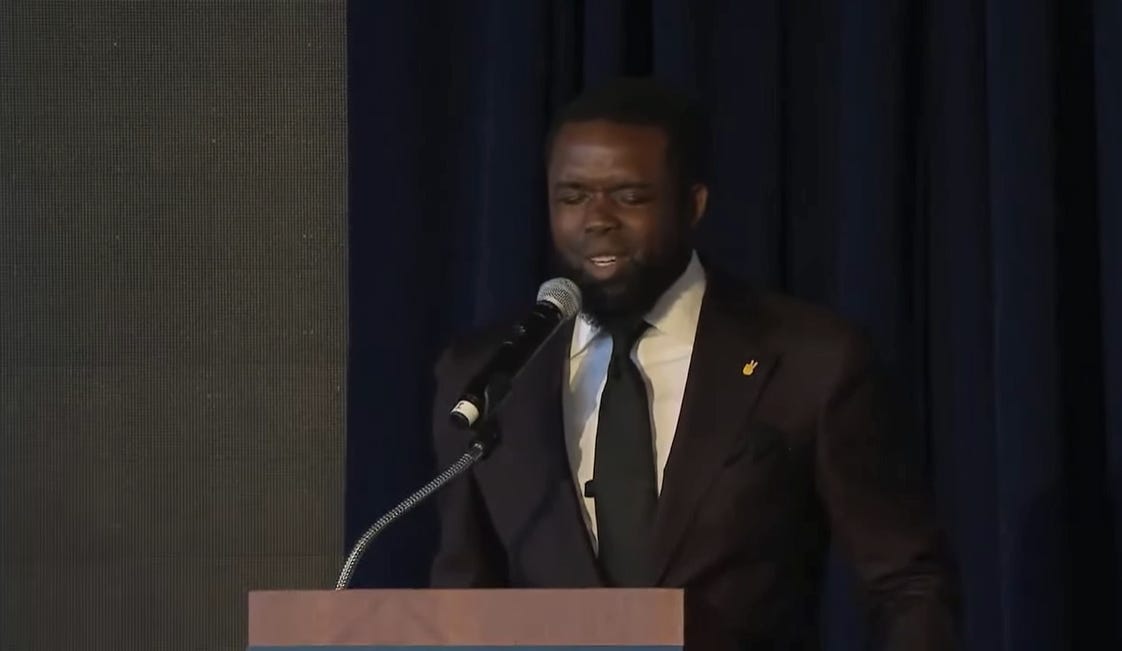
Screengrab as Rev. Charlie Dates prays to start a Chicago Bears press conference to unveil a new stadium proposal in Chicago, Illinois, on April 24, 2024.
The prayer wasn’t a literal Hail Mary, but his prayer for the controversial proposal — and another Bears Super Bowl — sparked confusion on social media and criticism from some locals.
“Deciding to have a pastor say a prayer (???) at the start of a press conference when you’re trying to get people to take it seriously that the Bears need billions to build a new stadium is a wild move,” wrote Meghan Montemurro, a sports writer for the Chicago Tribune.
“The neighborhood where his church resides is the neighborhood I grew up in. There are plenty of people in that neighborhood and around Chicago that need prayer,” declared Chicago sports talk radio host Laurence Holmes as he called on Dates to “repent” for the prayer.
“You chose to ask for God’s grace today for a stadium. You should be ashamed, Pastor, and your congregation should be ashamed, too, that they follow you,” Holmes added. “This is ridiculous. What are we doing? I am so tired of people using God to put their hands in someone’s pocket. … You are using the word of God to try and fleece the flock for billionaires.”
The NFL draft dominated the attention of most football fans and commentators this week (or so I’m told). But I instead flipped the channel to check out the prayer controversy. So this issue of A Public Witness tackles Da Bears stadium pastor and offers some postgame analysis about what went wrong.
C for Controversy
Rev. Charlie Dates is a difficult pastor to peg, but he’s no stranger to public controversy. Usually, however, he’s the social critic, not the target.
A Black Baptist pastor, Dates has also been active in predominately White evangelical spaces — though he’s found himself less willing to stay in those circles in recent years. He’s a two-time graduate of Trinity Evangelical Divinity School, a school in a Chicago suburb affiliated with the Evangelical Free Church of America. Its faculty ranks have included significant evangelical thinkers like D.A. Carson, Norman Geisler, and Wayne Grudem.
In 2011, Dates became senior pastor of the Progressive Baptist Church in Chicago. The historically Black church, which started in 1918, is affiliated with the Progressive National Baptist Convention, a Black Baptist body that started in 1961 to support the work of Rev. Martin Luther King Jr. when the larger Black Baptist convention’s leadership didn’t do so.
In 2019, Dates led his church to also join the Southern Baptist Convention, a predominately White and much more conservative denomination that started to defend slavery. He admitted that many members were reluctant, but he advocated for the relationship to help mission partnerships. After all, the nation’s largest Protestant denomination is much wealthier than the Black Baptist bodies. The church’s dual alignment didn’t last long.
On Nov. 30, 2020, the presidents of the six Southern Baptist seminaries released a joint statement denouncing Critical Race Theory and prohibiting it from being taught at the schools. The decision contradicted a resolution passed by SBC messengers the previous year, and it misrepresented CRT.
Dates had preached at multiple SBC seminaries before leading his church to join the convention. He took it personally that the White leaders of the schools had decided to ban CRT without any Black leader present. So along with some other Black Baptist pastors and churches, Dates and his church ended their short affiliation with the SBC.
“I had to tell my church I was wrong. There is no such thing as ‘the Old Southern Baptists.’ Conservatism is, and has always been, the god of the SBC,” Dates wrote in response. “As for me and the Progressive Baptist Church, I keep hearing the words of Harriet Tubman: ‘We out.’”
In January 2023, Dates became the senior pastor of Salem Baptist Church in Chicago, succeeding Rev. James Meeks who started the megachurch almost four decades earlier. However, Dates also kept his position at Progressive Baptist Church.
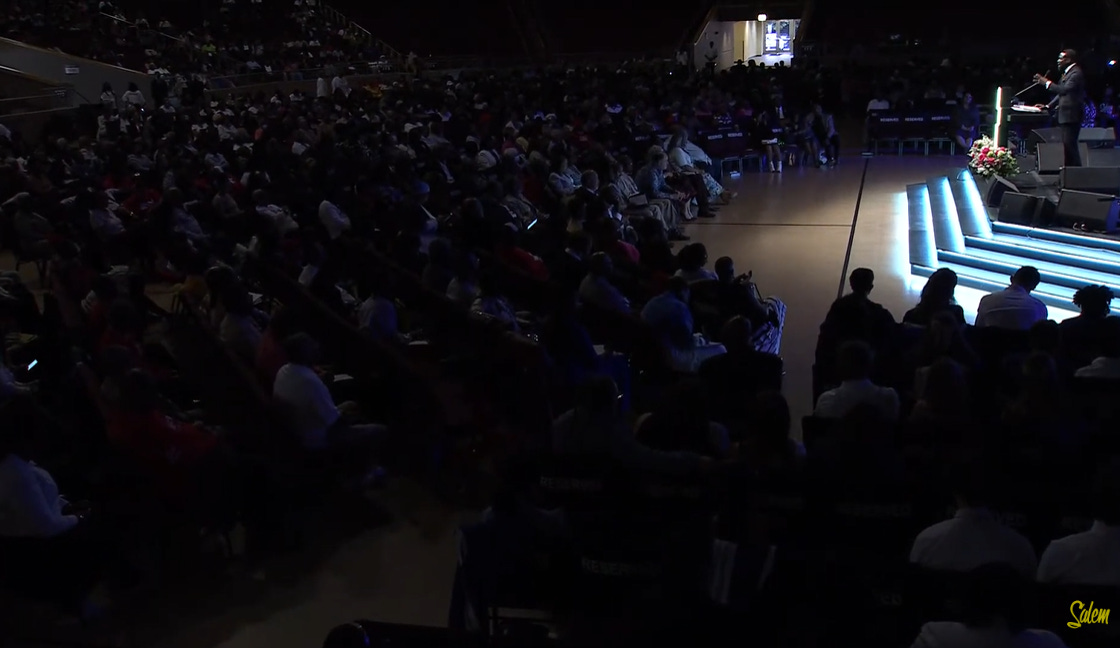
Screengrab as Charlie Dates preaches at Salem Baptist Church in Chicago, Illinois, on April 28, 2024.
Last month, Dates made headlines as he pushed back against a comment by Rev. John MacArthur about King. MacArthur, a prominent White pastor in California who led his church to defy COVID-19 public health rules while lying about an outbreak at his church, said in February that King “was not a Christian at all.” Dates issued a public letter criticizing MacArthur for the “unwise and ill-timed slander” against King and “the egregious wrong … again inflicted on Black Christians in America.”
“These words sound eerily familiar to us,” Dates added. “They ring with the same pitch of those slave-holding American preachers from yesteryear who, under a supposed high view of scripture, denigrated an entire people group on the basis of race and ethnicity. Your words reek with the stench of superiority and partiality. They reverberate like a hymn of George Wallace in the tone of J. Edgar Hoover.”
Dates urged MacArthur to reform his theology. Dates also called on Christian clergy to “stop reading” MacArthur and stop attending his conferences.
Clearly, Dates has long defied labels as he moved within and out of various factions of Christianity. But before he stepped up to the podium as the Bears press conference, he had usually found himself as the one offering critiques of a pastor or seminary leader acting out in public.
Get cutting-edge analysis and commentary like this in your inbox every week by subscribing today!
Money Trouble
Dates didn’t address the Bears prayer Sunday, but while at Salem he did mention an upcoming groundbreaking for a new Chick-fil-A nearby as part of a neighborhood revitalization effort that the church’s nonprofit is helping lead. It will help bring jobs to the community, as well as a restaurant to an area with few (though it won’t help with the Sunday lunch options for Salem’s members who are hungry after one of his sermons).
The push for an expensive, publicly-funded lakefront stadium is much different than helping open a restaurant in an overlooked community. And a religious nonprofit helping with community development is quite different than a billionaire family bringing a pastor in to bless their advocacy for taxpayer funds.
The whole incident raises significant questions. Why did the Bears owners feel the need to start their press conference with a prayer? And why did a pastor offer his blessing on the venture?
Even before the press conference, the Bears franchise knew they would be fighting some stiff winds like those sweeping off of Lake Michigan. Public funding for expensive stadiums is no longer a safe bet, with many politicians and voters turning against the idea of taxpayers footing the bill for wealthy owners who might not return the love to the community.
In 2017, the city of St. Louis, Missouri, sued all NFL owners for a breach of contract after the Rams left the city for Los Angeles. The city noted taxpayer funds had built the stadium and they hadn’t even finished paying for it by the time the Rams left. The suit eventually led to a $790 million settlement for the city, with Rams owner Stan Kroenke paying $571 million but all of the NFL teams chipping in for the rest.
More signs are growing that publicly-funded stadiums aren’t seen as guaranteed winners. Lawmakers in Virginia last month rejected a budget proposal for a $2 billion stadium project to move the Washington Wizards basketball team and the Washington Capitals hockey team into the state. The District has since pledged $515 million to keep the two teams. Dennis Coates, an economics professor at the University of Maryland, Baltimore County, explained why the Virginia effort failed: lawmakers didn’t trust the promises made by the teams.
“Why should I believe that you’re going to stay here for 40 years when you’re leaving the place that you’ve only been in for 20 years?” Coates said.
Similarly, voters in Jackson County, Missouri, earlier this month voted down a proposal for a 40-year sales tax to fund new stadiums for the Kansas City Royals baseball team and the Kansas City Chiefs football team. And it wasn’t close. Voters rejected it with 58% voting against the plan to send about $2 billion in tax money to the stadiums.
“(Teams) claim they’re going to be wonderful economic engines — they’re not,” Andrew Zimbalist, a sports economics professor at Smith College, said about the vote. “More and more cities are realizing that.”

Chicago Bears quarterback Justin Fields (right) watches the football bounce away after Detroit Lions linebacker Charles Harris stripped it from Fields during an Oct. 3, 2021, game in Chicago, Illinois. (Kamil Krzaczynski/Associated Press)
Recognizing such hurdles, the Bears tried to make the best pitch they could last week for their stadium proposal. And they clearly thought prayer would help. It doesn’t seem to have, though. Illinois Gov. J.B. Pritzker said he was “highly skeptical of the proposal.” J.C. Bradbury, a sports economist at Kennesaw State University, put it even more bluntly: “The Bears aren’t going to leave one of the most iconic football markets in the country. Tell the Bears to pay for their own damn stadium, and if they don’t like it, to go jump in Lake Michigan.”
Or maybe if the Chicago team wants, we could go biblical: “It is better to meet a mother bear robbed of her cubs than to meet some fool busy with a stupid project.”
Rather than a prayer saving the stadium proposal, it’s more likely the Christian witness is damaged by association with the press conference — as comments on social media and by sports commentators show. That’s why we need discernment about showing up at such moments. The problem, however, is billionaires will always be able to find a pastor willing to bless their Mammon.
As a public witness,
Brian Kaylor


